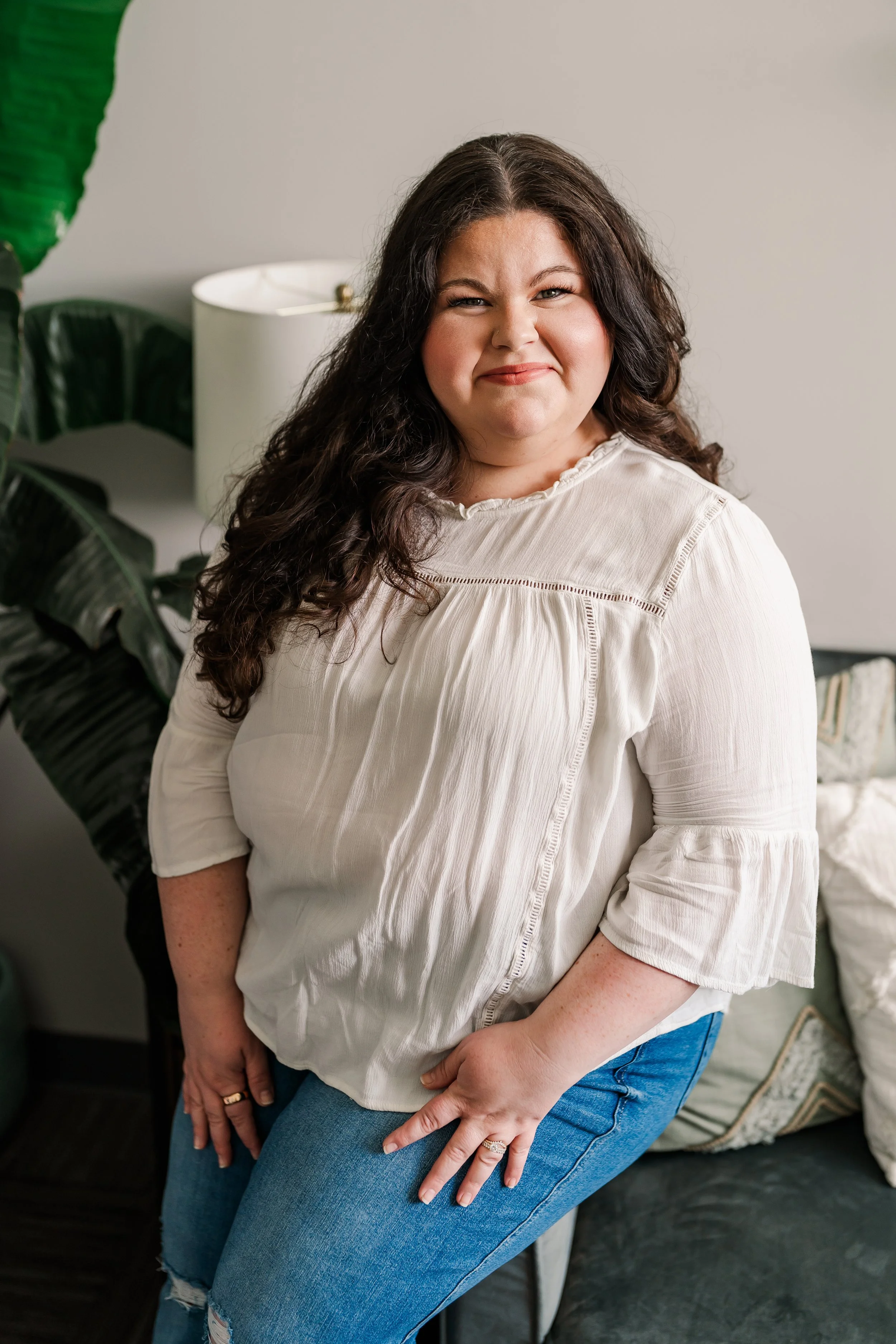Therapy Intensives vs. Weekly Therapy: Which Is Better for Me?
Fall has a way of nudging us toward reflection. The pace of summer slows, routines take shape, and we start to notice what’s been weighing on us. For many women, this season brings a renewed focus on mental health—a quiet awareness that it’s time to finally address what’s been simmering beneath the surface.
But once you’ve decided to invest in your healing, a common question arises: What type of therapy is right for me right now? For some, traditional weekly sessions provide steady support. For others, a therapy intensive offers the focused space they’ve been craving. Understanding the difference can help you choose the best fit for your needs this fall.
Weekly Therapy – The Traditional Approach
Weekly therapy is the most familiar format for mental health care. Sessions typically last 50–60 minutes and occur once a week. This structure creates consistency—a predictable rhythm for reflection, processing, and gradual change over time.
Benefits of weekly therapy include:
Building an ongoing relationship with your therapist
Processing life events and emotions as they arise
Receiving continuous support through challenges and transitions
Integrating new skills week by week
For many clients, especially those new to therapy, this pacing feels safe and manageable. It allows space between sessions to practice insights, regulate emotions, and return ready to explore the next layer.
Therapy Intensives – A Deeper Dive
Therapy intensives are an alternative for those who want to go deeper, faster. Rather than spreading work across months, intensives condense therapy into extended sessions—ranging from a half-day to several days. This immersive format provides uninterrupted time for focused healing and integration.
Benefits of therapy intensives include:
Making significant progress in a short time frame
Reducing the emotional stop-start of weekly sessions
Creating space for deeper processing of trauma, burnout, or relational patterns
Allowing personalized integration of multiple modalities (such as Brainspotting, ART, or somatic practices)
For neurodivergent clients—especially those with ADHD or autistic traits—intensives can be especially supportive. The structure minimizes the fatigue of ongoing scheduling while maximizing time for focus and flow. It also allows for customized pacing: slower and gentler when needed, or highly productive when momentum builds.
How to Know Which Is Right for You This Fall
Both weekly therapy and therapy intensives have tremendous value—it’s less about one being “better” and more about what fits your current needs and season of life.
You may benefit most from weekly therapy if you:
Want consistent, steady support over time
Are working on integration and maintenance after deeper trauma work
Prefer space between sessions to process and reflect
You may benefit most from a therapy intensive if you:
Feel stuck in traditional therapy or ready for faster movement
Are processing trauma, burnout, or emotional exhaustion
Need focused time away from daily demands to reset and heal
Thrive with immersive experiences that minimize distraction and maximize depth
The key is alignment—choosing the structure that supports your goals, energy, and current season.
The Role of Fall Transitions
Fall naturally invites introspection. As routines stabilize and the year winds down, it becomes easier to see where you’ve been pushing through on empty. It’s a time when many women begin asking: What do I need to feel grounded again?
Whether that means diving deep through a therapy intensive or recommitting to steady weekly therapy, this season offers the clarity and space to reset. The energy of fall is about release—letting go of what no longer serves you and preparing for renewal. There’s no better time to choose yourself.
Schedule a Free Consultation
If you’re feeling pulled to focus on your mental health this fall but aren’t sure what approach fits best, let’s explore it together.
Schedule a free consultation to discuss the differences between therapy intensives and weekly therapy, and find the path that helps you feel clear, capable, and connected again.
Jacqueline Campbell, MS, LMFT
Jacqueline Campbell is a Licensed Marriage & Family Therapist with a decade of experience supporting clients in the Chattanooga, TN area. She specializes in childhood trauma, relationship trauma, religious trauma, neurodivergence, and anxiety and uses evidence-based approaches like Accelerated Resolution Therapy, Brainspotting, and Neurofeedback to help clients heal the lingering trauma, resolve anxiety, recover from burnout, and find balance, fulfillment, and authenticity in their life and relationships. At Wild Oaks Counseling, she is committed to providing compassionate, expert care both in-person and online for clients across Tennessee, Colorado, and Florida.



